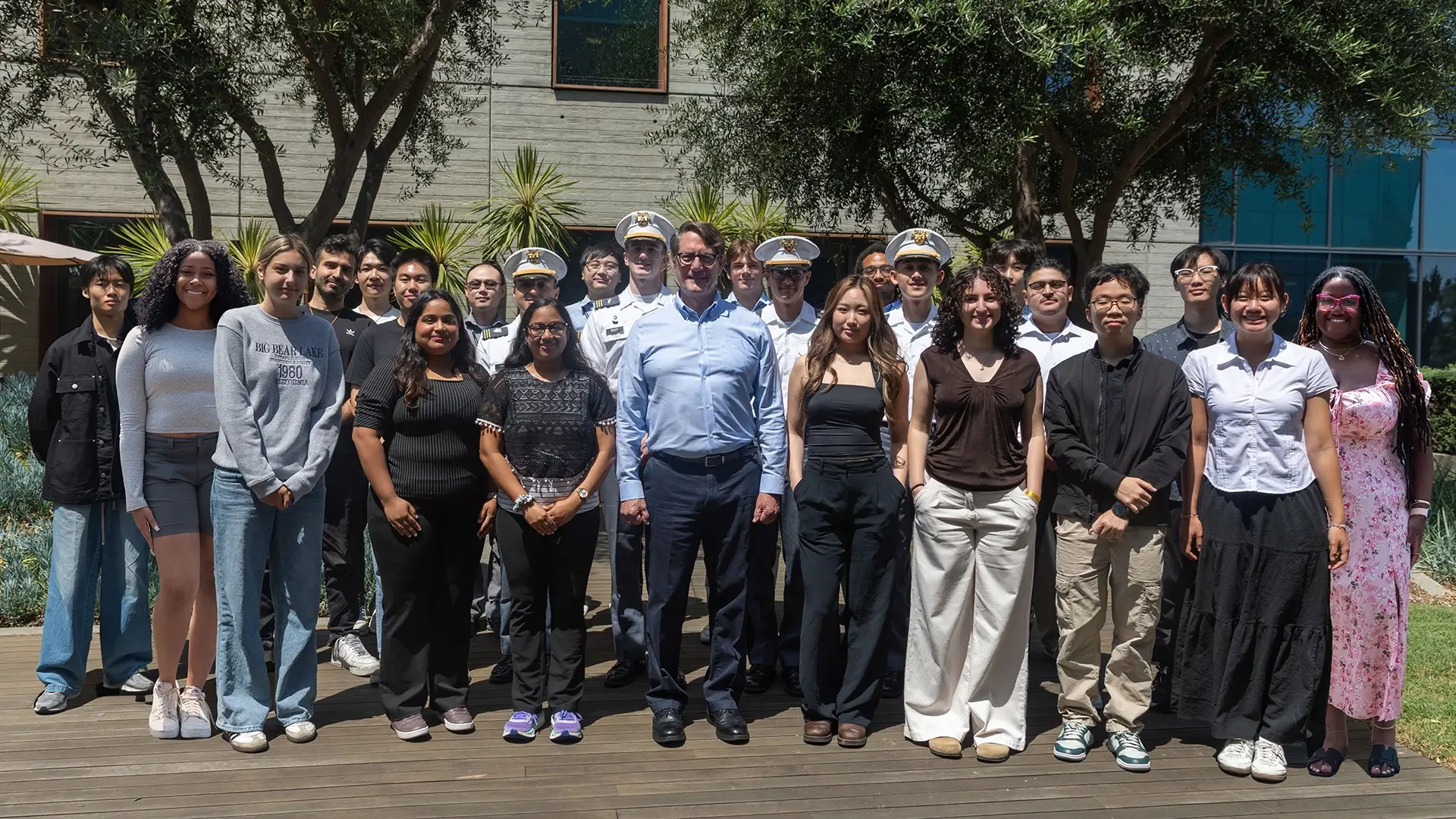By Dr. Randall W. Hill, Jr., Vice Dean, Viterbi School of Engineering, Omar B. Milligan Professor in Computer Science (Games and Interactive Media), Executive Director, ICT
Each summer, the USC Institute for Creative Technologies opens its doors to a new cohort of students eager to push the boundaries of research, technology, and creativity. Our internship program has been running since 2005, hosting nearly 700 interns over two decades, including 106 from Minority-Serving Institutions (MSI) and 154 Cadets from the United States Military Academy at West Point—my alma mater.
This year we’ve welcomed almost 30 interns from universities across the United States and beyond, each paired with leading researchers across our labs to contribute to projects at the forefront of artificial intelligence, immersive media, and human-machine interaction. These exceptional students come through various sponsoring programs, including our own ICT Internship program, as well as the DOD Summer Research Internship Program for HBCU/MI institutions, the United States Military Academy at West Point Academic Individual Advanced Development (AIAD) program, USC ROTC Air Force Cadets, the IUSSTF-Viterbi Program, and USC President’s HighTech Scholars.
From undergraduates in engineering to graduate students in human-centered design, this year’s cohort represents the multiplicity of thought and talent that drives innovation at ICT. Interns are embedded in research teams across the Institute, contributing directly to work in areas such as virtual humans, training simulations, conversational AI, and health technology.
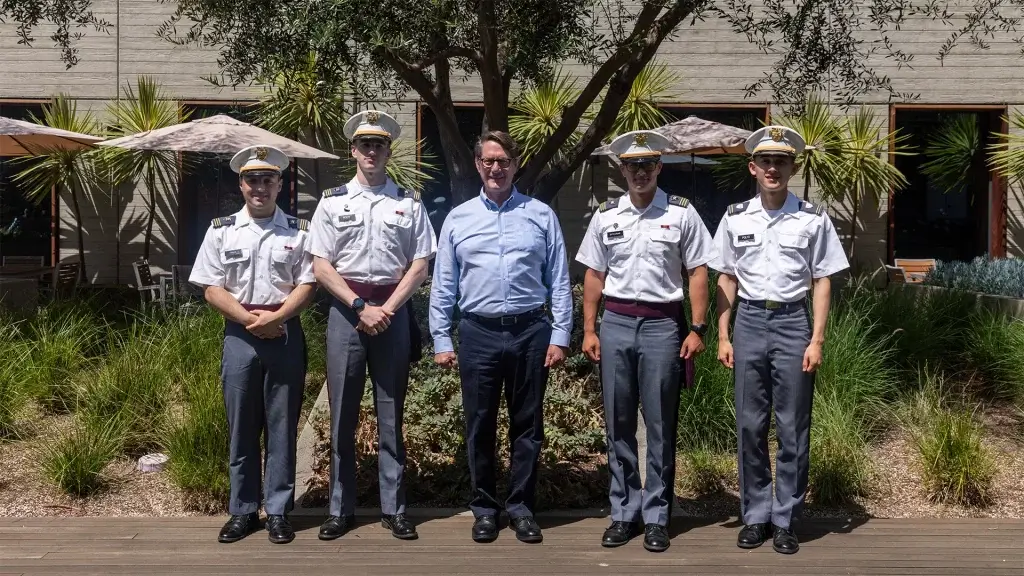
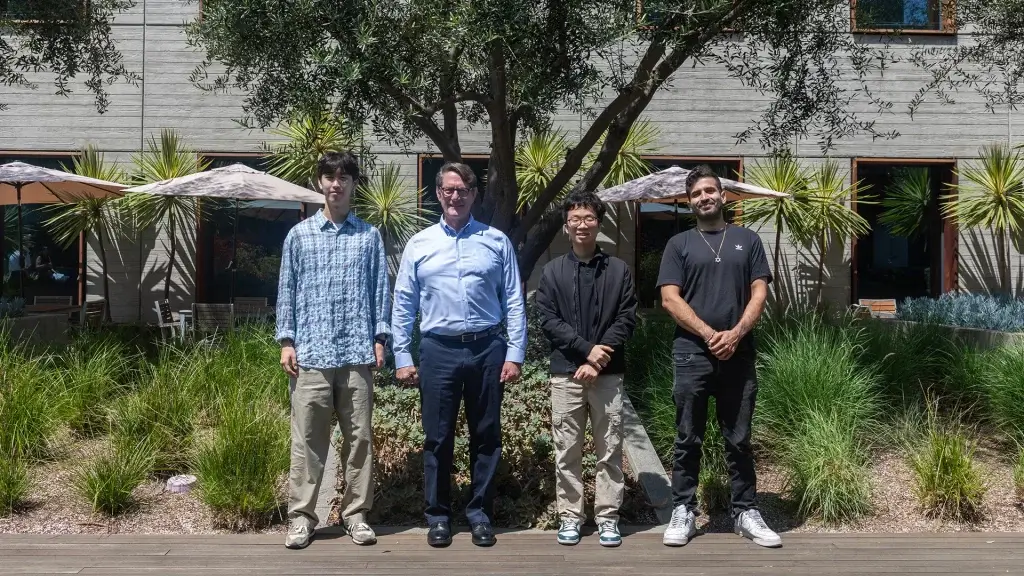
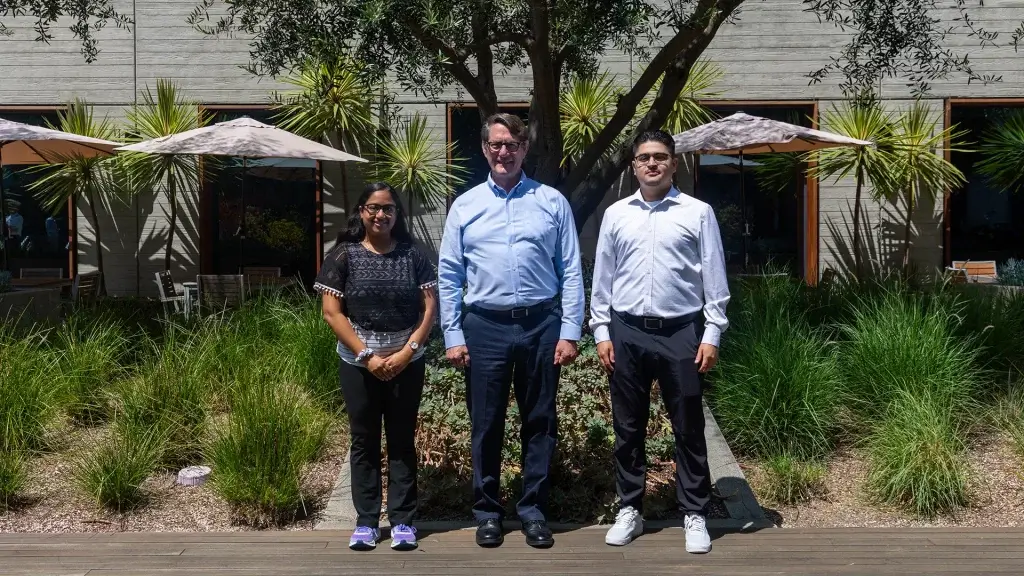
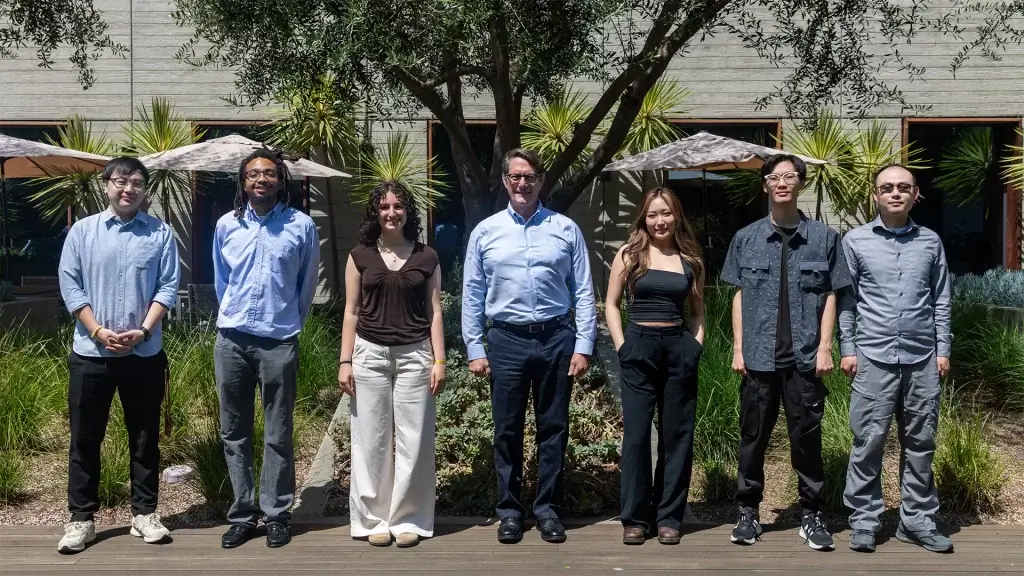
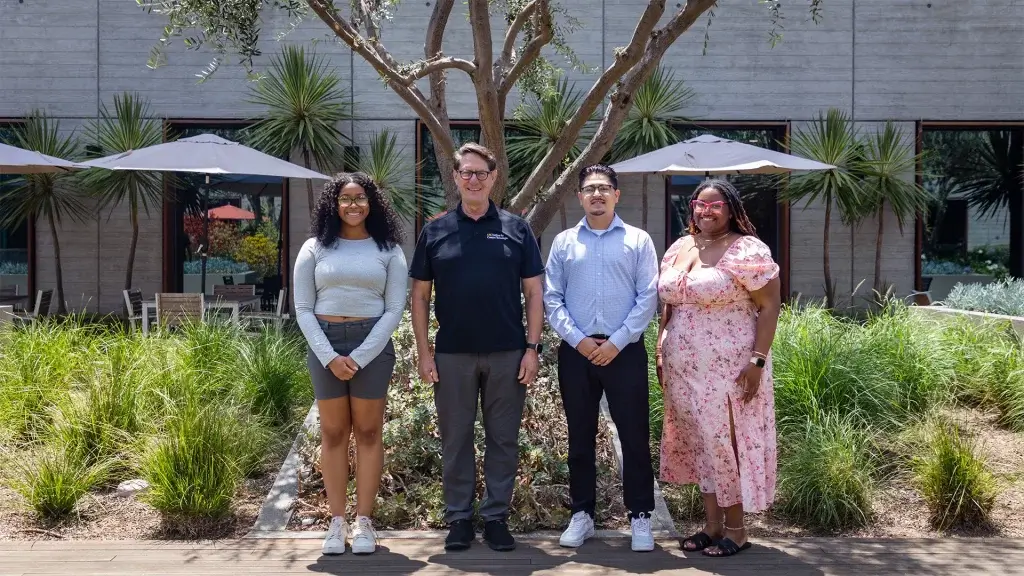
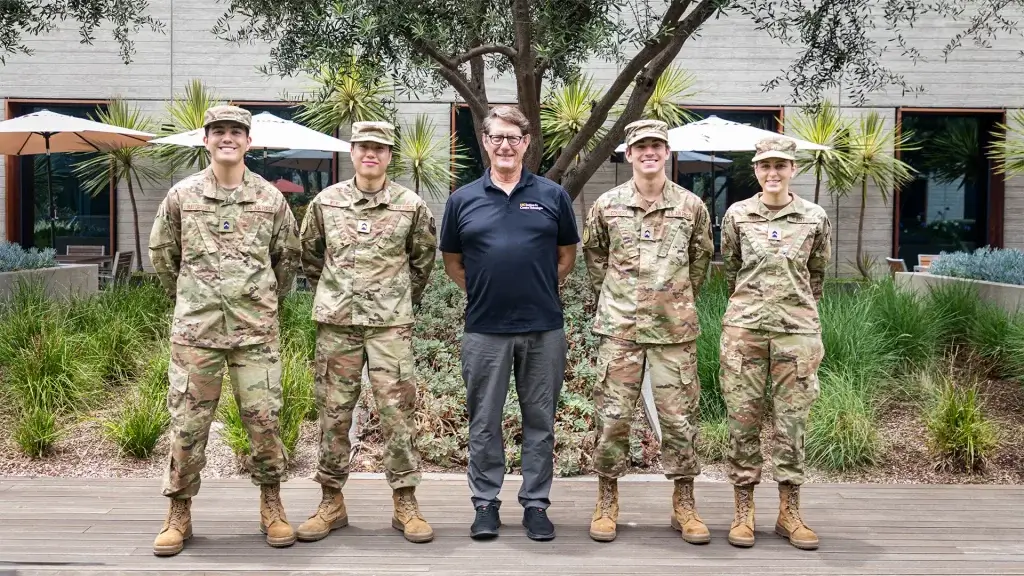
Beyond Traditional Internship Models
The internship structure reflects ICT’s mission to integrate academic rigor with real-world application. Interns not only contribute to ongoing projects but also participate in weekly seminars, professional development sessions, and one-on-one mentoring. What makes this program unique is the level of access and involvement—we treat interns as junior researchers. They’re not just observing the work; they’re shaping it.
The program offers a glimpse into the collaborative and interdisciplinary culture that defines ICT. Interns often work at the intersection of technical and creative domains, with coders collaborating alongside writers and artists teaming up with cognitive scientists. It’s a model that mirrors the Institute’s broader impact across sectors including defense, healthcare, and education.
Several interns are also contributing to written reflections and creative pieces during their time here as part of an ongoing editorial initiative to spotlight student voices. For example, Kaelyn Ellison has written an essay about designing with empathy in the age of AI, offering a first-hand perspective on ICT’s approach to ethical technology development. More essays are in the queue.
The Future of Technology
With backgrounds in AI research, UX design, media production, and cognitive science, ICT’s 2025 interns reflect the future of technology itself: cross-disciplinary, globally minded, and committed to solving complex challenges. As their summer progresses, we’ll continue to highlight their work and celebrate the curiosity, dedication, and fresh thinking they bring to ICT.
//
